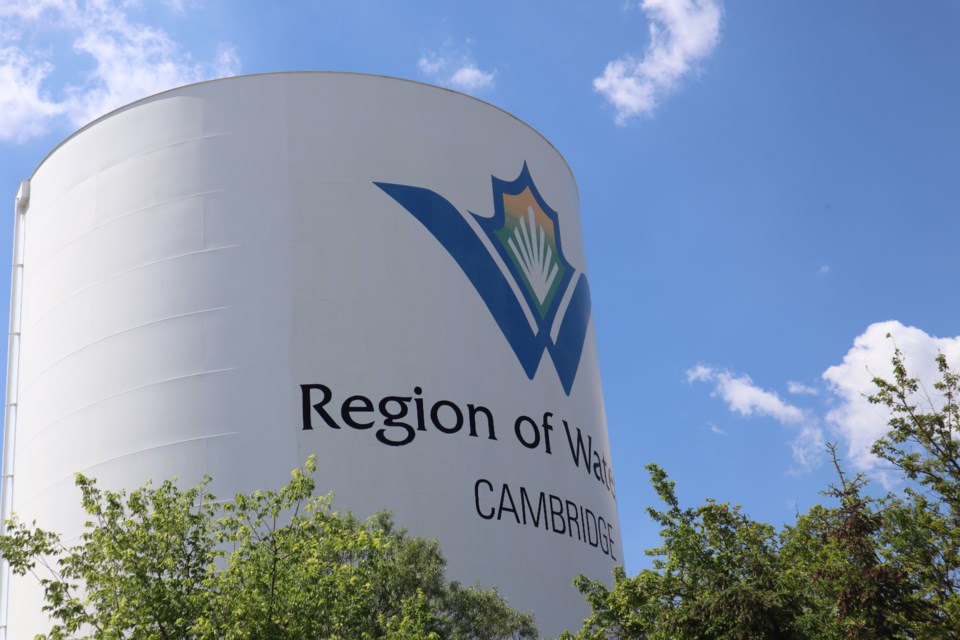The city will form a "task force" made up of staff, council members, tenants, landlords and citizens to explore the merits of switching its water billing policy and report back to council in early 2025.
A motion from Coun. Helen Shwery to create the task force was approved in a 6-2 vote last night following the acceptance of a report from staff outlining the costs and other implications of returning to an old system that made the city responsibile for collecting outstanding water charges from delinquent tenants of rental properties.
Staff estimate the switch could cost taxpayers about $1 million and result in water billing increases of up to 2 per cent annually to pay for additional staff and equipment needed to handle water shut offs.
Council voted in 2015 to put that responsibility on landlords to cut down on costs and eliminate other challenges related to collecting delinquent water bills from tenants. It has been working well ever since, reported Wade Novak, manager of Service Cambridge and revenue.
He explained how the 2015 decision helped minimize the need for water write‐offs and reduced collection costs by making property owners financially responsible for all water‐related charges, regardless of who is the ultimate consumer.
He said the move, which has since been adopted by other municipalities across the province, created a stable system and encouraged landlords to keep up to date with water related repairs in their buildings.
Other municipalities that have variations of the same policy include Durham Region, Halton Region, Peel Region, Kitchener, Hamilton, London and Ottawa.
But many landlords and some councillors argue it's unfair to put the collection burden on landlords when the city should be responsible for going after end users of the city-run utility.
Some say the resulting financial losses incurred by landlords are among reasons adding to the housing crisis.
Coun. Adam Cooper asked Novak if he thinks it's right the city makes property owners accountable for the water use of their tenants.
"I don't have a stake in that philosophical decision," responded Novak, adding he's strictly looking at the issue from a revenue perspective and the understanding the city experiences better efficiency under the existing system.
Novak said collection from delinquent tenants would require hiring as many as six new staff who at times could be put into highly charged emotional situations.
Other costs related to the change include hiring a collection agency to go after tenants who refuse to pay, which can take up to a 30 per cent commission, at an estimated net cost of about $351,000.
In order to go after tenants, the city would also be required to undertake an external privacy impact assessment at an estimated cost of $25,000.
Landlord Nina Deeb said she's never felt unsafe in over forty years of dealing with delinquent tenants, arguing that all it takes is proper training.
Making property owners accountable for the utility is bad business, she said. Cambridge as the utility provider should take care of its own business.
She didn't address the cost to taxpayers.
But local landlord rights advocate Kayla Andrade questioned the $1 million estimate provided by staff and believes several cost-saving measures have been overlooked.
"I find it very puzzling that $1-million price tag was determined without knowing how many delinquent water accounts were added to the tax roll for commercial residential and non profit properties," she said. "How can we make an informed decision without the crucial information?"
She said she was also disappointed the report didn't explore the option of having hydro take back the billing of water similar to how Kitchener combines billing for gas and water.
"This approach can streamline processes and potentially reduce costs."
If the cost remains $1 million, however, then it's a necessary expenditure we must consider, she said, adding the city should be fully accountable for all costs before transferring amounts to the reserve fund despite having a surplus.
It's unreasonable for the city to pass its losses to a third party that is not the end user, she said.
The task force will be set up as an "informal gathering" instead of a traditional committee, said clerk Danielle Manton.
They will simply be there to hear information about how other municipal billing systems operate and gather feedback.
Councillors Scott Hamilton and Ross Earnshaw voted against the idea of creating a task force, saying they would both rather have time to consider it first since it was not part part of Shwery's original motion directing staff to report back to council.




